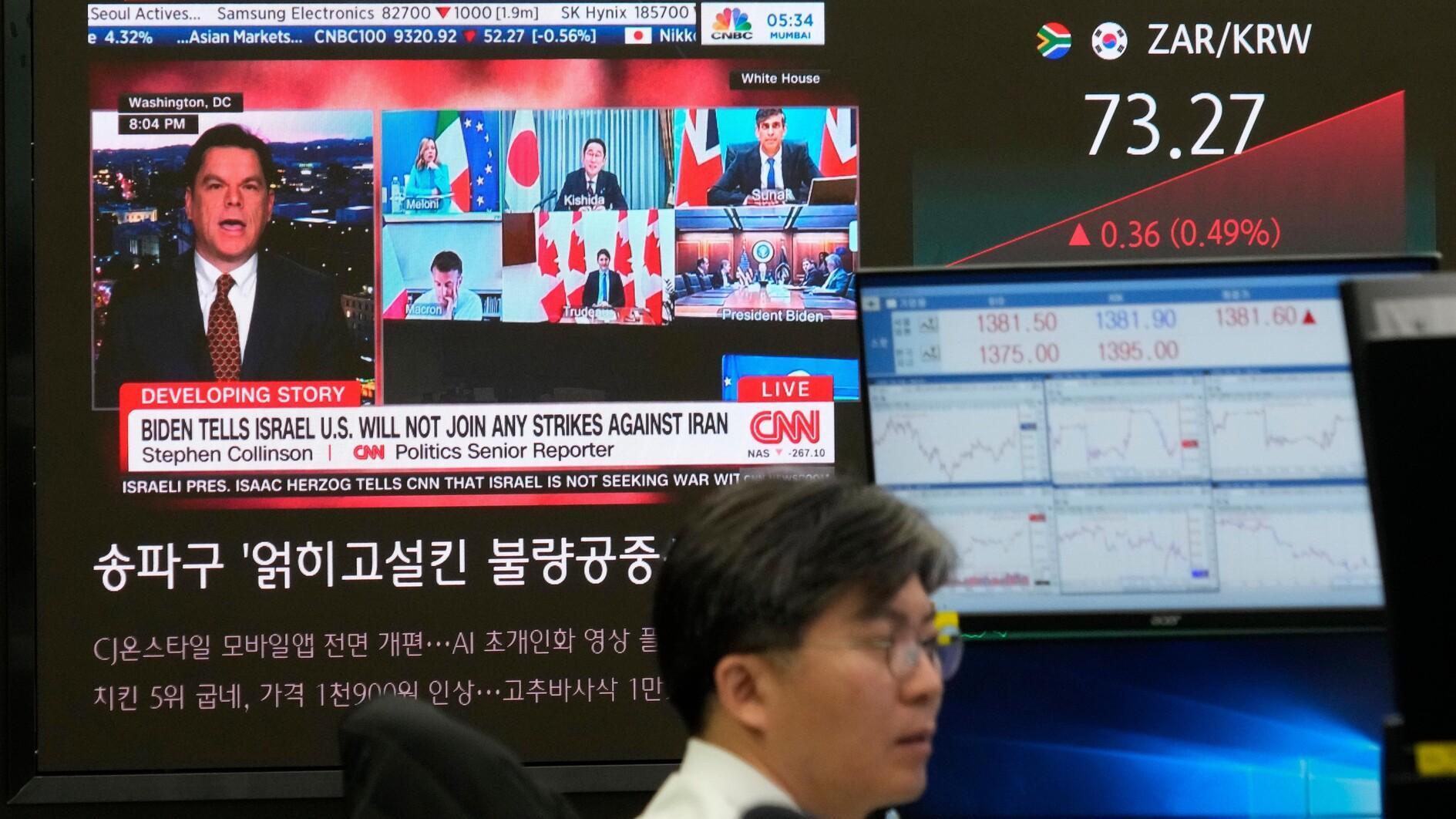Foreign policy of the new Turkey
The growing tension between Germany and Turkey is culminating to alarming levels. The crisis recently intensified after Germany reacted against the arrest of a German citizen along with Turkish NGO members, who are being accused of plotting against Turkey.
Besides, the Turkish government resents that Germany protects “Kurdish and Gülenist terrorists,” who are fighting against Turkey, in general. In fact, the major drift with Germany reached to this level after the withdrawal of German soldiers from the İncirlik military base, in the southern province of Adana, even before the last incident.
The mutual accusations can be justified along different points of views of the respective countries, but the truth is that the two countries have been seriously disenchanted from each other, for some time. Worse is that it is not only a problem between Turkey and Germany, but part and parcel of the rising rift between Turkey and its Western allies.
Nevertheless, Turkey’s foreign policy shifts are extensions of Turkey’s domestic political problems and controversies. It has been the Kurdish issue and the fight against Gülenist plotters which have had major impacts on the Turkish government’s recent perception of who their friend and foe are in its international relations. President Recep Tayyip Erdoğan and his party consider Western governments’ reluctance to act against “Erdoğan’s enemies” as a direct plot against Turkey, since there is no difference between the president as a politician and Turkey as a diverse country anymore in the new Turkey. Even opposition parties are being perceived as enemies of the country as long as they oppose the president. It is so, since the president is understood as the sole savior of the country and nation and not only as the savior of the Turkish nation but also as one of a Muslim nation against all threats and enemies.
The president and his party firmly believe that Western politics are not shaped by “trivial” national, economic, and political interests but are motivated by a grand plan against Turkey since it turned to be the last bastion of Muslim power under Erdoğan’s leadership. Therefore, the talk of human rights, criticism of the lack of freedoms and the like are not only utterly unconvincing but also the confirmation of a wholesale attack against Turkey.
Nevertheless, it is the combination of both historical and intellectual roots of Turkish Islamism and the current political developments that shape foreign policy of the rulers of the new Turkey. If the nationalistic emphasis of Turkish Islamism was one factor that hindered the solution of the Kurdish problem, it is also the ostentatious Western support to the People’s Protection Units (YPG) in northern Syria which triggered the skepticism of the ruling party.
Even if the fact that the Gülenist coup being used as a pretext for a purge against opposition leads Turkey’s Western allies to be reluctant to support the fight against Gülenists, it is also the Western over-skepticism that enforces the anti-Western reaction displayed by the ruling party circles.
Finally, it is the Islamist interpretation of the history of Turkey’s modernization and the foundation of the secular-Westernist Republic that shapes the perception of the West as the eternal enemy of Islam. Turkey’s Islamists and conservatives have always believed that the Republican rule was some sort of Western conspiracy which aimed to cut Turkey’s links with its Islamic past and power. Now, the new Turkey is being founded on the grounds of the idea of emancipation of Turkey from its Westernist-secularist shackles. In this view, the issue is not simply a matter of foreign policy and international relations but the Western refusal of acknowledging Turkey’s new self-definition.











